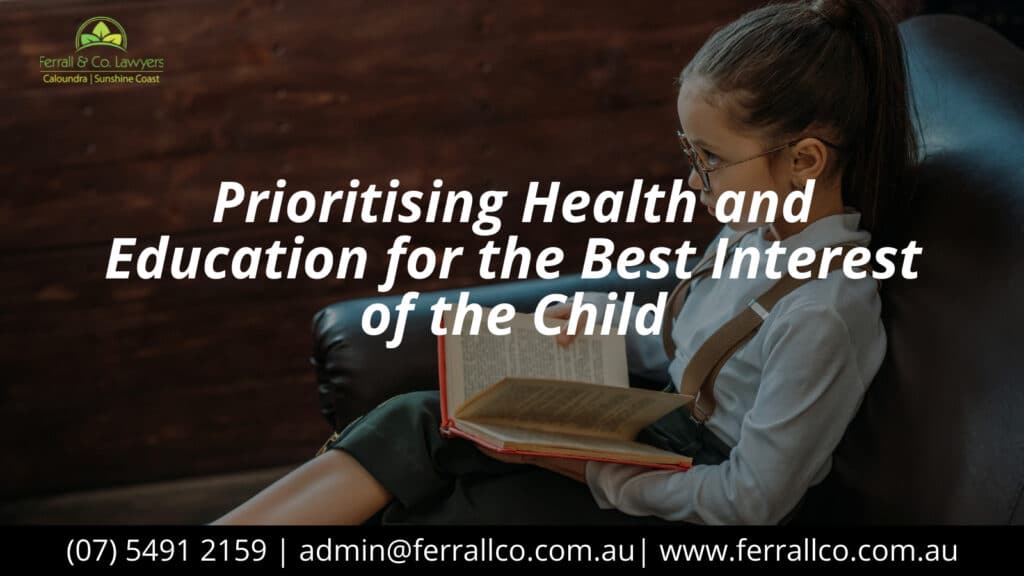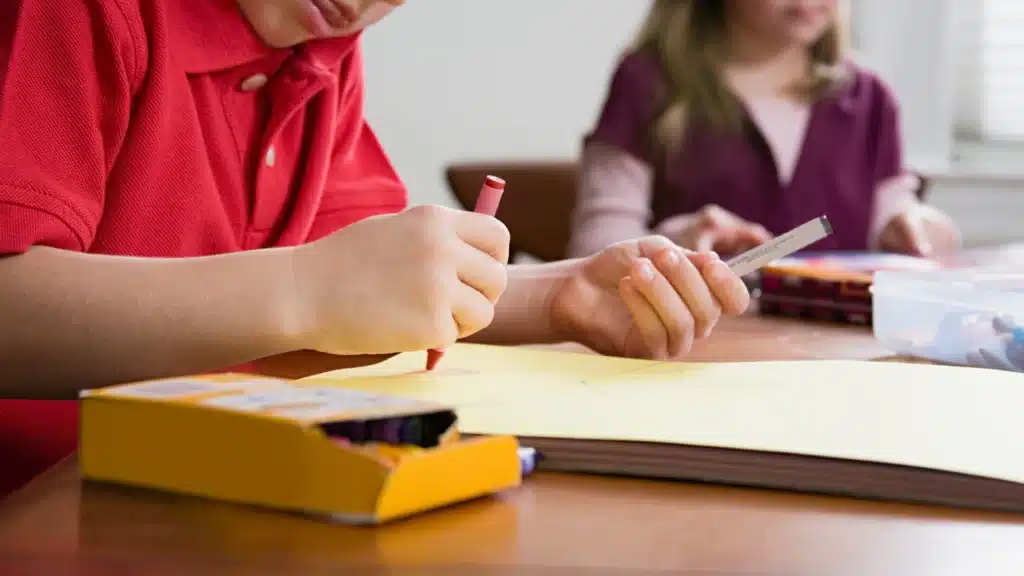
As parents, we all want to do what’s in the best interest of children. In the Family Law Act, child custody hinges on the division of parental responsibility. Two primary considerations are a child’s health and education. These are crucial to a child’s developmental well-being. What’s the best way to ensure these factors are taken care of? Let’s look at what a child’s family can do to protect a child’s welfare in their best interests.
Best interest of the child: Education
Education is critical in modern society. The reasons for this are for the best interest of children. A good education improves a child’s life opportunities. In particular, it helps them find meaningful employment. However, research suggests that divorce negatively impacts children’s education. It has an especially large impact to a child’s ability to complete high school. An American study found:
We observe that divorce is associated with a 4-percent-lower probability of children’s high school completion.
How does this happen?
Moving house
Moving house is a common consequence of divorce. This is a stress factor that exacerbates educational issues. This largely results from a break in routine that’s difficult to cope with.
Lack of concentration
When their parents are divorcing, children have a lot on their mind. When they’re distracted by a family upheaval, their education suffers.
Poor socialisation
A divorce can cause children to withdraw from social interactions. Friends help with successful education. Lack of participation in the communal aspect of learning can hinder outcomes.
How can parents mitigate these risk factors?
Open communication
Speak openly with your child. Encourage them to discuss their troubles and provide positive reassurance. Children often want to be alone to deal with their emotions. However, stay in touch with your kids.
Speak to the school
Cooperate with your co-parent and the school to find solutions. This helps ensure the child has the support to improve their education. This might include accessing guidance counselors and other resources.
Extra-curricular activities
Sport or other hobbies can help children find community and have fun. This can help them get more out of school.

Best interest of the child: Health
The primary consideration for any parent is their child’s physical and mental welfare. These are critical matters in a child’s circumstances at home. There’s much you can do to promote good health in your children.
Healthy lifestyle
Regular exercise is crucial to a child’s health. After-school sports provide exercise while having fun and socialising with other kids. A good diet helps children get the most out of their exercise. A balanced diet incorporating fresh fruit and vegetables is vital to a healthy life.
Adequate sleep
Getting a good night’s sleep is vital to everyone’s health. Besides keeping you in good physical shape, proper sleeping patterns help kids concentrate at school and improve their mood. Maintain a night time routine where they go to bed and get up at the same times. This can help to foster a productive sleep cycle.
Regular health check-ups
Taking children to the doctor for regular check-ups helps catch potential health issues early. You can gain useful advice on how to promote a healthy lifestyle that’s relevant to your child’s particular circumstances. It’s also important to take them to the dentist to support their oral health.
Family violence
Family violence involving physical or psychological harm are the most pressing issues dealt with by the Family Court. The Court wants to preserve a child’s relationship with their parents. A meaningful relationship with both parents is generally in the interests of the child. However, if there’s evidence of child abuse, a family violence order may be necessary which will majorly impact custody decisions.

Conclusion
Parents have many responsibilities regarding their children. Two significant areas are caring for a child’s education and health. Divorce affects these parts of a child’s life in various ways. It’s important to understand how children can be affected. When you know the effects, parents can mitigate problems.
Contact us for a free initial consultation if you need assistance.





